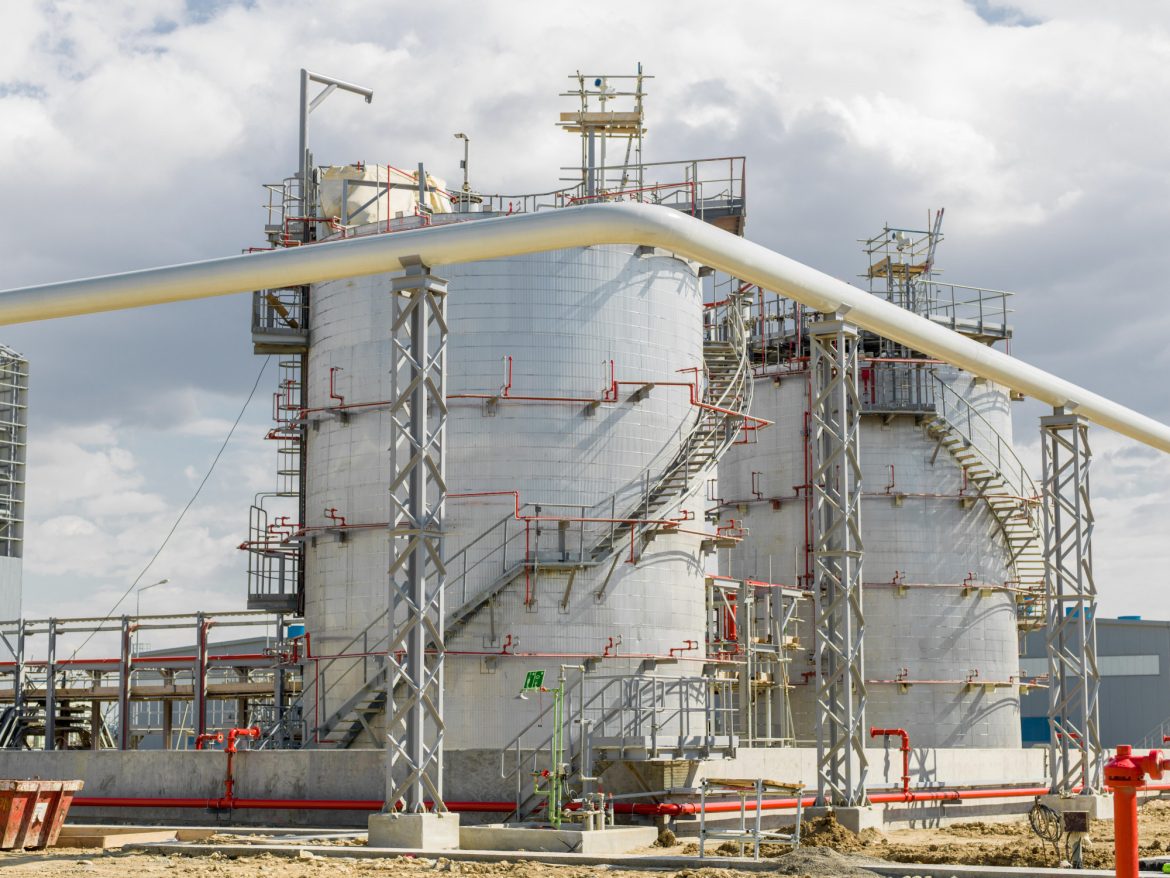The U.S. ethanol industry is celebrating a major victory this week. President Joe Biden has decided to recognize a scientific model that would allow ethanol-based jet fuel to qualify for tax credits under his signature climate law, the Inflation Reduction Act (IRA).
The model, known as GREET, is developed by the Department of Energy and measures the greenhouse gas emissions of different fuels over their lifecycle. According to the ethanol industry, GREET shows that ethanol-based jet fuel, also known as sustainable aviation fuel (SAF), can reduce emissions by 50% or more compared to petroleum fuel.
This means that SAF producers can claim a tax credit of $1.50 per gallon under the IRA, which aims to boost the use of low-carbon fuels in the aviation sector. The U.S. aviation industry accounts for about 12% of the country’s transportation-related emissions, and is expected to grow in the coming years.
A Boost for the Corn Belt
The news is especially welcome for the U.S. Corn Belt, a region of the Midwest that produces most of the country’s corn, the main feedstock for ethanol. The Corn Belt is also a politically important area, as it includes several swing states that could determine the outcome of the 2024 presidential election.
Biden, a Democrat, is seeking re-election and will need the support of the Corn Belt voters, who have been hit hard by the trade war with China, the COVID-19 pandemic, and the rise of electric vehicles. The ethanol industry sees SAF as one of the few opportunities to grow demand for its product, which is currently blended with gasoline at a 10% rate.
Geoff Cooper, the president of the Renewable Fuels Association, a trade group representing ethanol producers, called the administration’s decision “a pivotal moment for the future of sustainable aviation fuels” in a statement earlier this week.
Based on a report by Reuters, He said that ethanol-based SAF is “ready to deploy” and can help the U.S. achieve its climate goals faster and cheaper than other alternatives.
Not Everyone Is Happy
However, not everyone is convinced that ethanol-based SAF is the best option for the environment. Some environmental groups and experts have raised concerns about the accuracy and reliability of the GREET model, and the impact of ethanol production on land use, water use, and biodiversity.
They argue that the GREET model underestimates the emissions generated by tilling land for crops, and that it can vary widely depending on the data sources and assumptions used. They also point out that ethanol production can compete with food production, and that some ethanol plants use coal or natural gas as their energy source.
These groups favor SAF feedstocks that have lower emissions and less impact on land use, such as used cooking oil, animal fat, or municipal waste. They have been lobbying the administration to adopt stricter standards for SAF, and to update the GREET model accordingly.
A Step Forward for Clean Aviation
Despite the controversy, some analysts say that the recognition of ethanol-based SAF is a positive step for the development of the SAF market, which is still nascent and faces many challenges, such as high costs, limited supply, and lack of infrastructure.
Nikita Pavlenko, the fuels team lead at the International Council on Clean Transportation, a non-profit research organization, said that the administration’s decision could spur more investment and innovation in the SAF sector, and create more options for airlines to reduce their emissions.
He said that the U.S. needs to use a variety of technologies and feedstocks to meet its target of net-zero emissions by 2050, and that SAF is a key part of the solution.



